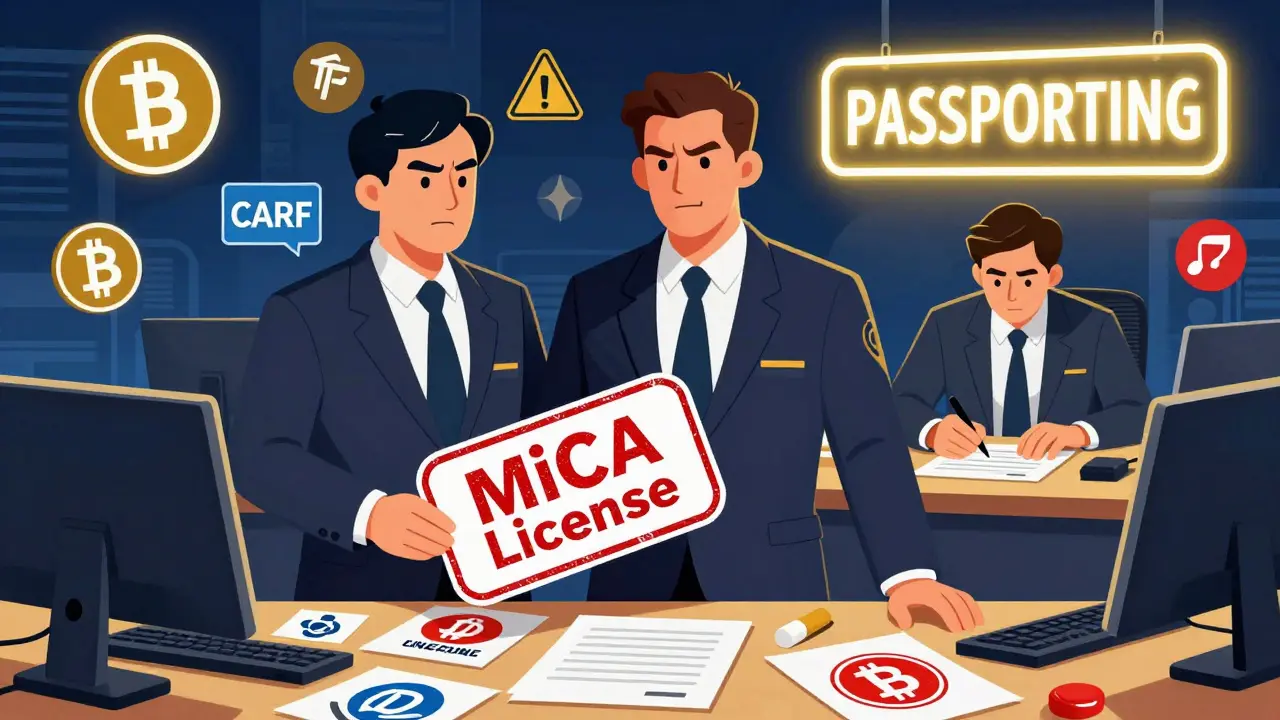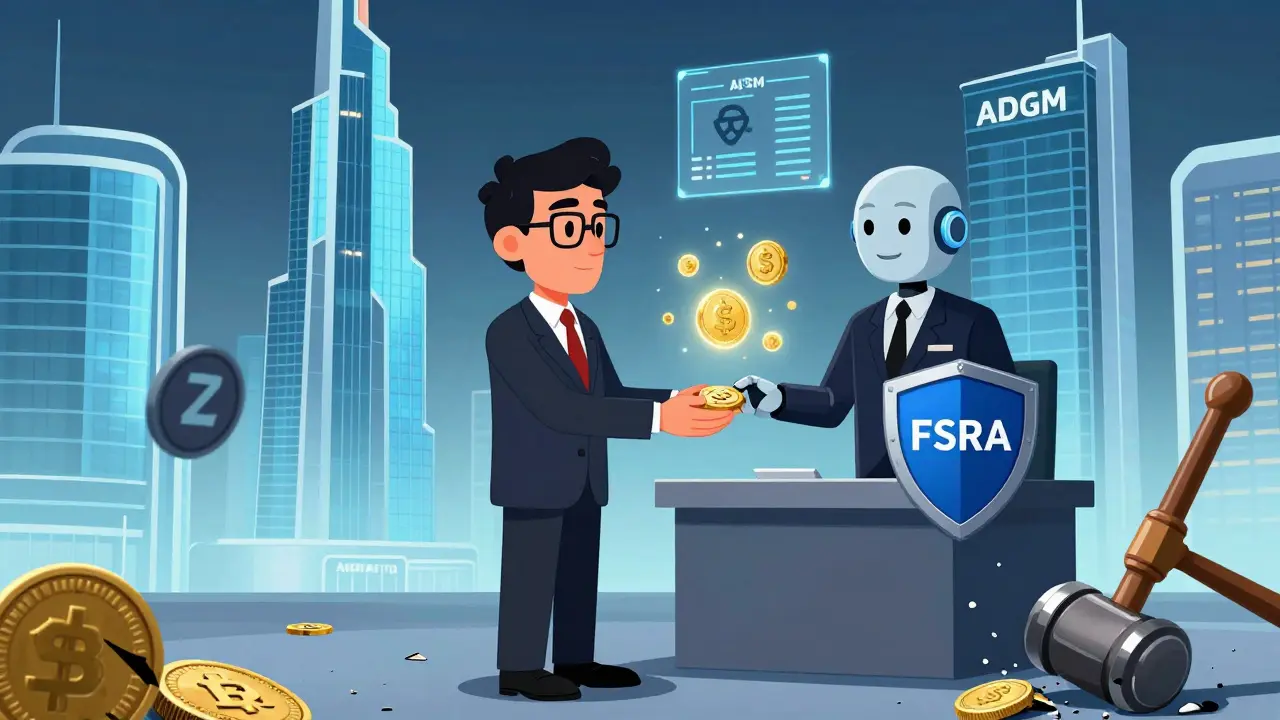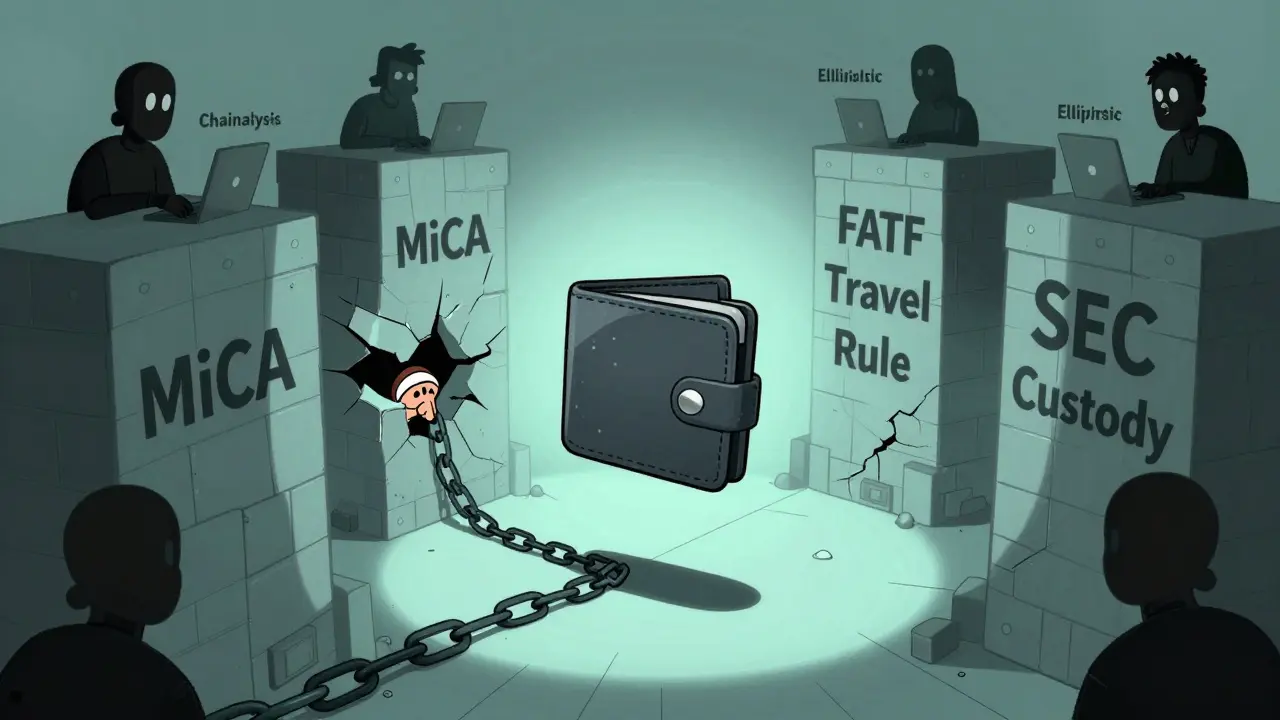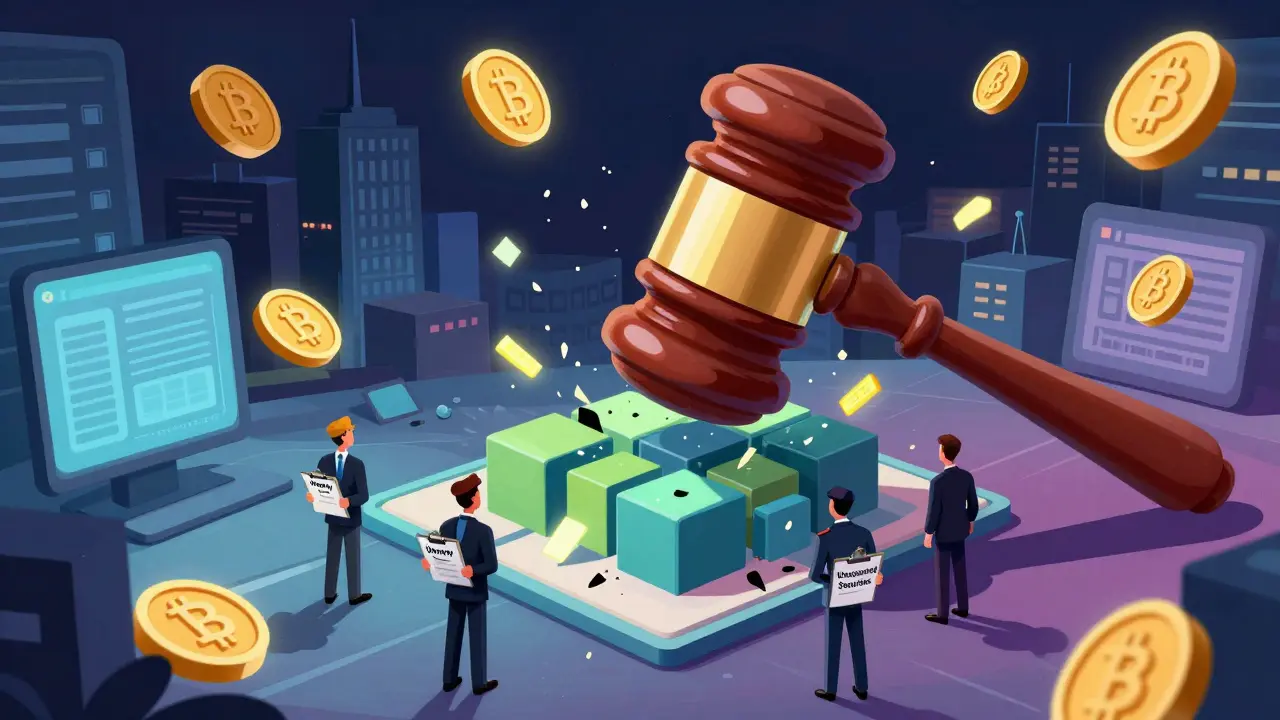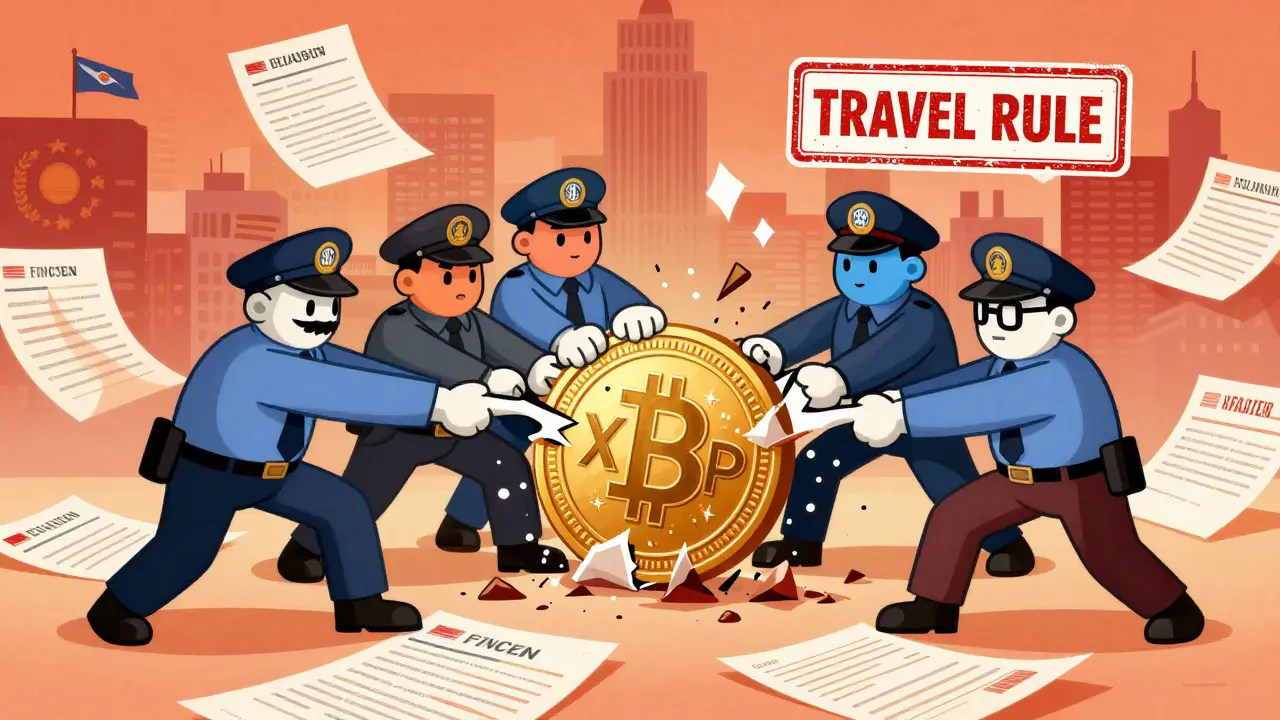Crypto Regulation: What You Need to Know
When navigating Regulation, the set of rules that governments and regulators impose on crypto activities. Also known as crypto compliance, it shapes how exchanges, traders, and developers operate worldwide. Regulation influences market access, determines which services can be offered, and forces firms to adopt specific security measures. In practice, this means a crypto exchange must align its onboarding flow with local KYC rules, while a DeFi project may need to consider jurisdiction‑specific token classifications.
Key Areas Covered
One of the most visible tools regulators lean on is Geofencing, technology that blocks users from IP locations deemed restricted. Geofencing works hand‑in‑hand with VPN detection, creating a multi‑layered shield that stops traders in prohibited regions from accessing platforms. This combined approach not only satisfies anti‑money‑laundering (AML) mandates but also protects exchanges from hefty fines. If you’ve ever been blocked from a service, chances are a geofence or VPN filter was triggered.
Tax reporting is another pillar of Tax Reporting, the process of disclosing crypto gains and losses to tax authorities. The OECD’s Crypto‑Asset Reporting Framework (CARF) now forces jurisdictions to exchange transaction data automatically, meaning a trader’s activity in one country can be visible to another. Understanding filing thresholds, event triggers, and the timeline for compliance can save you from surprise audits and penalties.
Licensing and jurisdictional hubs round out the regulatory landscape. Take Licensing, the formal permission a business must obtain to operate legally in a given region as an example: Switzerland’s Zug crypto valley offers tax breaks, clear FINMA guidance, and a fast‑track licensing path that attracts startups worldwide. Meanwhile, newer pilots in Vietnam outline step‑by‑step steps for obtaining a crypto trading license, illustrating how rules can vary dramatically from one market to another.
All these pieces—geofencing, VPN checks, tax data exchange, and licensing—interlock to create a compliance framework that affects every player in the space. Below you’ll find in‑depth articles that unpack each component, from Bybit’s geofence strategy to the OECD’s automatic tax exchange, and from real‑estate NFT regulations to the latest U.S. licensing requirements. Dive in to see how the rules impact you and what steps you can take to stay on the right side of the law.

